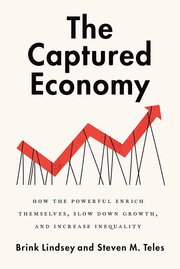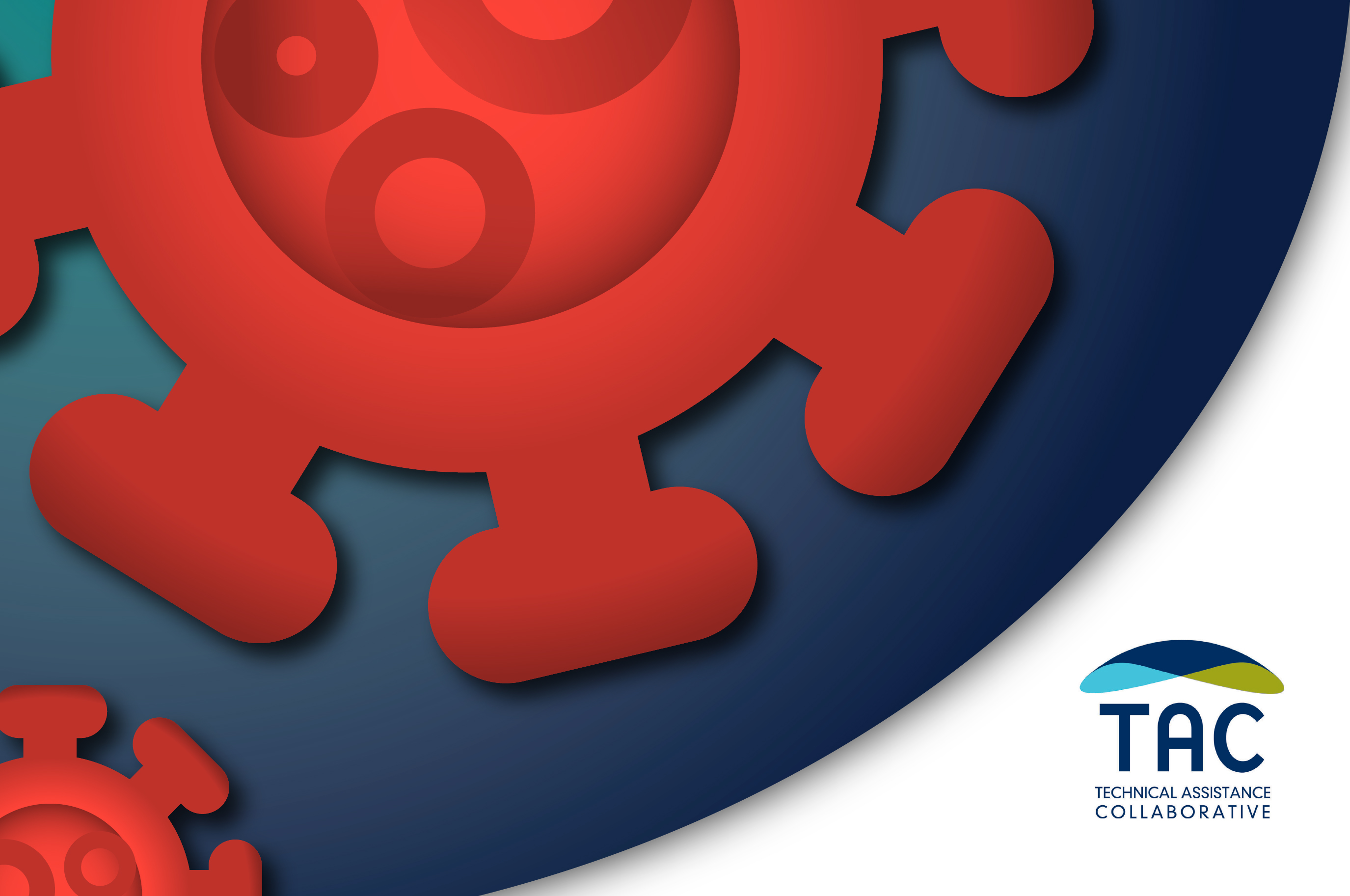Report on Elite Attitudes Towards Economic Inequality and Implications for Sustainable Development Goals
Introduction: The Challenge to SDG 10
A recent study by Marcel Preuss, Germán Reyes, Jason Somerville, and Joy Wu investigates the perspectives of future business and political elites—represented by MBA students at an American Ivy League university—on economic inequality and redistribution. The findings reveal a significant divergence from the views of the general American population, posing a substantial challenge to the achievement of Sustainable Development Goal 10 (Reduced Inequalities). As these individuals are poised to shape corporate strategy and public policy, their distinct values regarding fairness and efficiency have profound implications for national and global efforts to create more equitable societies.
Analysis of Research Findings and SDG Alignment
Methodology: The Impartial Spectator Experiment
The research employed an impartial spectator experimental design to assess fairness preferences. The study was conducted in two stages:
- Over 800 workers were hired for an online task and paired, with unequal earnings of $6 and $0 assigned to them. The inequality was based on two scenarios: one on merit (performance) and the other on luck (random assignment).
- MBA students, acting as impartial third-party spectators, were given the power to redistribute the earnings between the workers. Their decisions, untainted by self-interest, provided a pure measure of their fairness ideals.
Key Finding 1: Higher Tolerance for Inequality
A primary finding is that future elites consistently favor higher levels of economic inequality than the average citizen. This directly conflicts with the core objective of SDG 10 (Reduced Inequalities).
- In scenarios where inequality resulted from pure luck, MBA students redistributed only 32.3% of earnings, compared to 41.8% redistributed by representative Americans in a similar study.
- This preference for maintaining unequal outcomes was observed regardless of whether the inequality stemmed from merit or chance.
- This gap indicates a systemic barrier to implementing policies aimed at Target 10.1, which seeks to progressively achieve and sustain income growth for the bottom 40 percent of the population.
Key Finding 2: Prioritization of Efficiency Over Equity
The most significant divergence in attitudes emerged when redistribution incurred an efficiency cost, mirroring real-world tax and transfer systems where administrative costs can shrink the total economic output. This highlights a critical tension between SDG 8 (Decent Work and Economic Growth) and SDG 10 (Reduced Inequalities).
- The average American’s commitment to redistribution remains largely unchanged by efficiency costs, prioritizing fairness.
- In contrast, MBA students reduced their redistribution by approximately 45% when it became costly.
- This strong preference for efficiency suggests that future leaders may advocate for policies that maximize aggregate economic growth (an aspect of SDG 8) even if they exacerbate inequality, thereby undermining progress on SDG 1 (No Poverty) and SDG 10.
Key Finding 3: Complex Views on Fairness
The study revealed that the fairness ideals of future elites are more nuanced than those of the general population. While average Americans often align with egalitarian, libertarian, or meritocratic viewpoints, MBA students displayed more moderate and complex perspectives.
- Only 23% of MBA students fit the traditional “meritocrat” profile.
- Many recognized the role of luck but still permitted significantly larger earnings advantages for the lucky than the general population would deem fair.
- This complexity could complicate the design and public acceptance of redistributive policies necessary for achieving SDG 10.
Systemic Implications for Policy and Governance
The “Preferences Gap” and Institutional Impact
The research indicates that these findings are not unique to MBA students but reflect a broader pattern among elite populations, including undergraduate business students and the wealthiest Americans. This “preferences gap” between elites and the public has critical implications for SDG 16 (Peace, Justice and Strong Institutions).
- When policymakers, corporate leaders, and advisors hold values that diverge from the citizens they represent, the resulting policies may fail to address societal priorities.
- This undermines Target 16.6, which calls for developing effective, accountable, and transparent institutions at all levels.
- Policies such as tax cuts for the wealthy or high executive compensation packages, often justified by elites on efficiency grounds, are direct manifestations of this gap and actively hinder progress on reducing inequality.
Conclusion: A Barrier to the 2030 Agenda
The study demonstrates that the individuals who will soon occupy key leadership positions in business and government possess fundamentally different attitudes toward inequality, fairness, and redistribution than the general public. Their heightened tolerance for inequality and strong prioritization of efficiency over equity represent a formidable obstacle to the 2030 Agenda for Sustainable Development. This preferences gap helps explain the persistence of policies that deepen inequality, directly impeding the realization of SDG 10 and compromising the broader goals of poverty reduction (SDG 1) and the development of inclusive institutions (SDG 16). Addressing this values-based divergence is essential for creating economic systems and policies that foster shared prosperity and sustainable development for all.
SDGs Addressed in the Article
SDG 10: Reduced Inequalities
- The article’s central theme is income inequality in the United States. It explicitly states that U.S. income inequality is “among the highest in the developed world” and discusses policies like tax bills that exacerbate this issue. The core of the research presented is an examination of attitudes toward inequality and redistribution, which is the primary focus of SDG 10.
SDG 16: Peace, Justice and Strong Institutions
- The article questions why policies that increase inequality are passed when “most Americans want a more equal distribution of wealth.” This points to a potential disconnect between public will and policy-making, touching on the effectiveness and representativeness of institutions. It suggests that the values of elites who “design, influence, and pass policies” may lead to institutional outcomes that are not responsive to the general citizenry, a key concern of SDG 16.
SDG 8: Decent Work and Economic Growth
- The article highlights a fundamental trade-off discussed in economic policy: fairness versus efficiency. The research finds that MBA students, representing future business leaders, prioritize efficiency over fairness, believing that redistribution “shrinks the total pie.” This directly relates to the discourse around economic growth, as efficiency is often framed as a prerequisite for a larger economy. The discussion of executive compensation also touches on incentive structures designed to promote firm performance and, by extension, economic growth.
Specific Targets Identified
SDG 10: Reduced Inequalities
-
Target 10.3: Ensure equal opportunity and reduce inequalities of outcome, including by eliminating discriminatory laws, policies and practices and promoting appropriate legislation, policies and action in this regard.
- The article directly addresses inequalities of outcome by analyzing how different groups (MBA students vs. average Americans) choose to redistribute earnings. The finding that MBA students “chose to preserve more unequal final earnings distributions” shows a differing attitude toward reducing these inequalities. The discussion of tax bills and wealth taxes relates to policies that directly affect income outcomes.
-
Target 10.4: Adopt policies, especially fiscal, wage and social protection policies, and progressively achieve greater equality.
- This target is explicitly relevant. The article uses a “recent tax bill passed by the United States Congress” as a prime example of a fiscal policy that affects inequality. It also discusses “wealth taxes” as another policy tool. The research explores the underlying preferences that shape support for or opposition to such redistributive fiscal policies.
SDG 16: Peace, Justice and Strong Institutions
-
Target 16.7: Ensure responsive, inclusive, participatory and representative decision-making at all levels.
- The article’s core premise is that a “preferences gap” exists between future elites and the general population. It states that policies reflect the “values and priorities of those who shape them.” The finding that MBA students’ views on fairness and redistribution differ significantly from those of average Americans implies that as these students become policymakers, decision-making may become less representative of the broader public’s preferences.
Implied Indicators for Measuring Progress
For Target 10.3 (Reduce inequalities of outcome)
- Attitudinal differences towards redistribution: The study uses the percentage of money redistributed in an experimental setting as a direct indicator of willingness to reduce inequality of outcome. The article quantifies this: “MBA students redistributed only 32.3% of earnings… compared to 41.8% among representative Americans.”
For Target 10.4 (Adopt fiscal policies for greater equality)
- Impact of fiscal policy on different income groups: The article provides a concrete example that can be used as an indicator: the change in after-tax income for different quintiles. It notes that for a specific tax bill, “Americans earning less than $51,000 will experience a decrease in their after-tax income, whereas the top 0.1 percent will receive an average gain of $389,000.”
For Target 16.7 (Ensure responsive and representative decision-making)
- Gap in policy preferences between elites and the general population: The article measures this gap by comparing responses to efficiency costs. The finding that MBA students “reduced their redistribution by approximately 45 percent” when a cost was introduced, while the “average American does not adjust their redistribution,” serves as a quantifiable indicator of the difference in values that shape policy choices.
- Public support for policies vs. their implementation: The article points to the high polling numbers for wealth taxes (“policies that poll well among citizens”) versus the “fierce opposition from economic elites,” which often prevents their implementation. This gap is an indicator of non-representative decision-making.
Summary of Findings
| SDGs | Targets | Indicators |
|---|---|---|
| SDG 10: Reduced Inequalities | 10.3: Ensure equal opportunity and reduce inequalities of outcome. |
|
| 10.4: Adopt policies, especially fiscal, wage and social protection policies, and progressively achieve greater equality. |
|
|
| SDG 16: Peace, Justice and Strong Institutions | 16.7: Ensure responsive, inclusive, participatory and representative decision-making at all levels. |
|
Source: promarket.org







